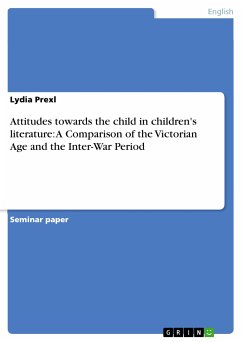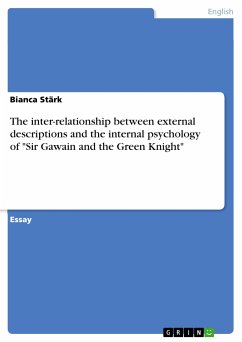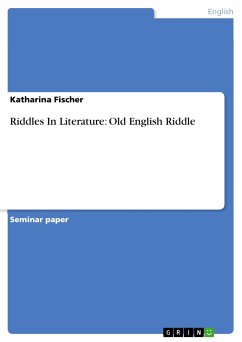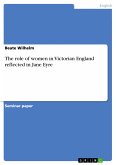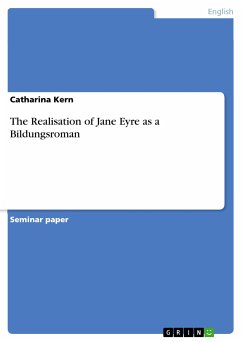Seminar paper from the year 2008 in the subject English Language and Literature Studies - Literature, grade: 1,7, University of Sussex, language: English, abstract: Prior to the eighteenth and nineteenth century, childhood was not considered a separate stage of development. People at that time rather thought of children as miniature adults without a legal status. Due to new upcoming theories of philosophers such as John Locke or Jean-Jacques Rousseau however, children were seen in a new light. Thus, from the late eighteenth century onwards, parents slowly began to look at their children as individuals with concerns, wishes and fears much different from the adult. This new perception of childhood initiated authors to write literature both for and about children, which ultimately led to a new literal genre that we nowadays take for granted: children's literature. The following essay will compare the attitudes towards the child in children's literature of the Victorian Age with the attitude portrayed in inter-war children's literature. It will explore how the perception of the child in the nineteenth century changed, how this change is reflected in the fiction of the time and how it affected the children's literature of the inter-war period. It will argue that whereas early children's literature was mostly didactic and addressing the adult rather than the child reader, novels of the middle and late nineteenth century concentrated more on young readers and their specific needs and desires by introducing a more entertaining and fabulous style of writing. The essay will then take a closer look at children's literature of the early twentieth century and demonstrate that fiction of that period continued to put the child in the focus of attention while at the same time dealing with new topics and offering ways of escapism with respect to the threat of the Second World War.
Bitte wählen Sie Ihr Anliegen aus.
Rechnungen
Retourenschein anfordern
Bestellstatus
Storno

